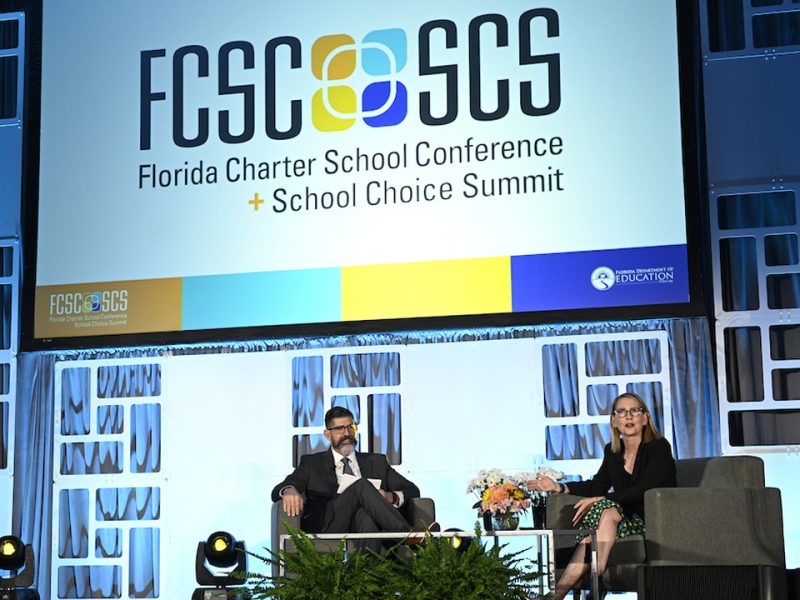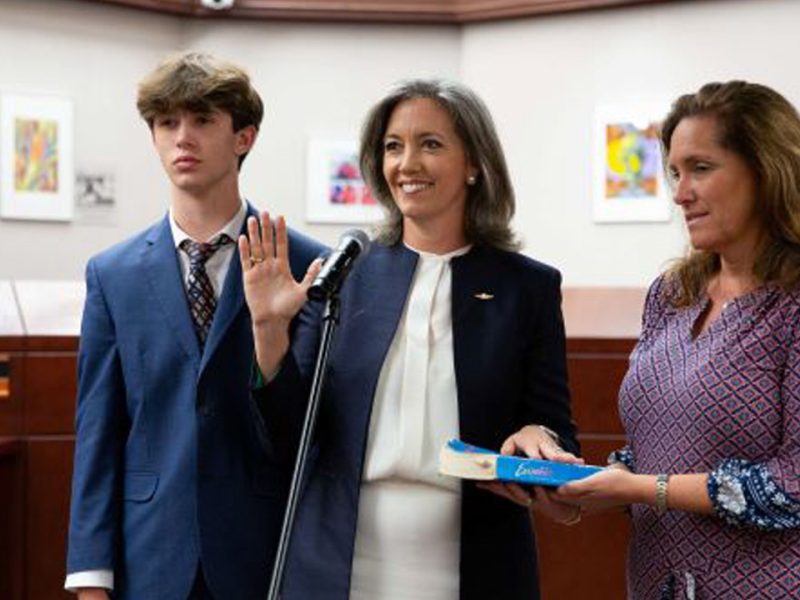Whistleblower: Polk and Lee County schools overcharged by nearly $1 million for textbook
Business Observer | By Louis Llovio, Commercial Real Estate Editor | May 10, 2022
A whistleblower has filed a complaint that publisher McGraw Hill unfairly charged some counties for instructional materials.
A whistleblower complaint filed with the state of Florida claims publisher McGraw Hill overcharged more than half a dozen school systems, including two locally, by hundreds of thousands of dollars for textbooks.
The complaint, according to a letter from the Tallahassee law firm Komisar-Spicola, which represents the anonymous whistleblower, says a search of purchase orders “show a potential overcharge to the state of Florida of nearly $2.4 million” just on English Language Arts materials for elementary school students. This happened in seven out of Florida’s 67 school districts.
Locally, the School District of Lee County was overcharged by $842,703, and the Polk County School District was overcharged by $731,568.74 for kindergarten through fifth grade ELA adoption last year, the complaint alleges.
Miami was overcharged by more than $1.2 million.
A spokesperson for Polk County schools says the district is not able to comment on the complaint. Lee County schools did not respond to a request for comment.
The attorney general’s office, in an email, says “our office is aware of this matter and cannot comment further at this time.”
The Business Observer was provided a copy of the May 2 letter and the exhibits sent to the Florida Department of Education and the Office of the Attorney General. A spokesperson for the law firm confirmed the documents are accurate.
The problem, the firm says in the letter, is that McGraw Hill allowed some districts to receive free or reduced materials that other districts did not have access to. Pricing must be equal across districts for student materials, the letter says.
The administrative code, according to the letter, requires that “bid(s) must state the lowest price at which materials will be furnished at the contract start date. Variations in price based on volume purchases are not acceptable.”
Furthermore, the letter says, publishers have to provide instructional materials, including electronic materials at a price that “may not exceed” what any school district in the country is charged and that publishers have to automatically drop the price if it’s lowered elsewhere.
McGraw Hill did not respond to a request for comment.
The May 2 letter, though, suggests that McGraw Hill isn’t alone. The attorneys write that “per (John/Jane) Doe’s information and belief notwithstanding certifications to comply with … pricing restrictions, some out of state instructional materials publishers engage in a pattern and practice of overcharging many Florida school districts resulting in false claims for payment being made against the state.”
“These variations in pricing seem to violate that statutory mandate. The publishers affirmative pledges to follow the pricing statutes lead to the conclusion that false claims for payment were made against the state.”
The letter was a follow up to previous communications between the firm and the state on March 10 and March 24.
The letter comes as the state’s textbooks are already under microscope. In the other situation, the attention is not coming from auditors hoping to save taxpayers money, but from those seeking to scrub schools of books of that violates recently approved standards.
Or, as the Florida Department of Education says in a press release, to counter “publishers’ attempts to indoctrinate students.”






